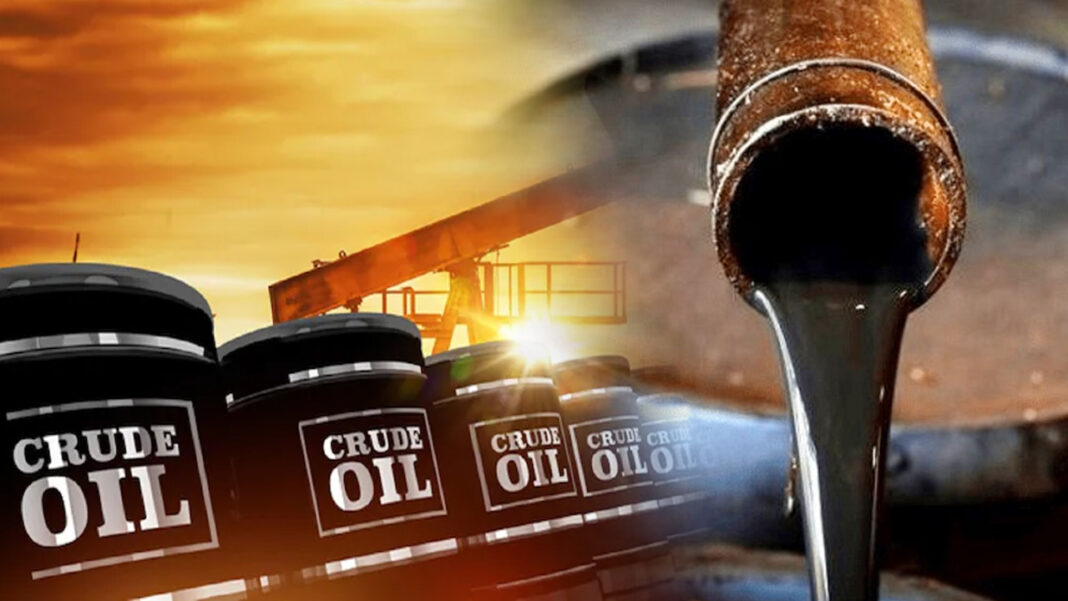When the IMF categorises resource-rich countries, it classifies the countries according to their export baskets. At least, twenty African countries including Nigeria, Angola, Ghana and Tanzania are classified as resource-rich, with their export base comprising a bulk of unprocessed crude oil, minerals and agricultural commodities. Classification of countries in other continents such as Japan, Malaysia and Indonesia are based on the diversity of their export base and value-added products. Since 1973, the year of the first oil boom, crude oil has constituted more than 90% of Nigeria’s export earnings. Making Nigeria a global classic case of a monocultural economy. Though a monocultural economy has its advantage of product specialisation, it runs contrary to the spirit of section 16 of the 1999 Constitution (as amended) in building a balanced economy that is resilient.
Within the context of the ideals and objectives of the 1999 Constitution (as amended), the State has a responsibility to “harness the resources of the nation and promote national prosperity and an efficient, dynamic and self-reliant economy, and direct its policy towards ensuring the promotion of a planned and balanced economic development,” as provided by section 16 of the Constitution. To achieve this State economic objective, the National Economic Council, established by the provisions of section 153 (1) and paragraphs 18 & 19 of Part I of the Third Schedule, chaired by the Vice President and comprising of the 36 State Governors, the Governor of the Central Bank and other co-opted government officials, has the mandate to “advise the President concerning the economic affairs of the Federation, and in particular, on measures necessary for coordination of the economic planning efforts or economic programme of the various Governments of the Federation.”
Notwithstanding that the President sits atop Nigeria’s leadership hierarchy with enormous and broad responsibility to influence national economic policies and outlook, the next President must provide coordinated and collaborative leadership in compliance with the constitutional requirement for the three tiers of government in Nigeria to identify, harness and coordinate economic policies that leverage on their comparative economic advantages in producing at least one quality good or service per State, at a lower opportunity cost than other states, regions or countries.
To transition and transform Nigeria’s economy beyond oil, subsistence farming and informal activities as the core drivers of the economy, to a manufacturing-based-industrialisation, the President must be intentional in pursuing devolution of power to ensure that subnational governments have the necessary energy baseload for industrialisation – the power and capacity to generate and transmit electricity to industries within their states; revive our steel sector; invest heavily in education, enterprise and technological skills; and importantly, create an enabling business environment for industries to thrive through the efficient institutional implementation of ease of doing business policies in Nigeria.
Beyond this, is the question of whether a world without oil is possible? Changing global economic environment suggests such possibility, though not as simple as it seems, given that oil has multipurpose usage – from fuel to petrochemical products, which form the material basis for such products as tech gadgets, plastics, cables, creams and other products. With the global green revolution predicated on the proposal that economic growth no longer requires higher carbon emissions, Nigeria needs a firm President, who understands that with Nigeria’s 206tn cubic feet of natural gas reserves, Nigeria needs climate justice and fair energy transition that allows gas as our transition fuel, in our process of contributing to global climate solution.
With changing landscapes in geopolitics, achieving a diversified economy that is transitioned away from dirtier fuels like diesel, kerosene and petrol, is in the best interest of Nigeria. At the peak of the Covid-19 global pandemic in 2020, Nigeria was stuck with unwanted cargoes of crude oil and liquefied natural gas (LNG), oil prices fell to an all-time low, trading at minus $37.63, although Nigeria’s Bonny Light crude was trading at $12, our biggest buyers could not buy due to the effect of the coronavirus. When countries opened up their cities, it was easier for most diversified economies to bounce back from the effect of Covid-19 than monocultural economies that rely mainly on oil.
Nigeria must now go beyond political platitudes to creatively explore our comparative economic advantages, leveraging on our over 45 mineral resources like lithium, which in the next decade will account for 94% of tech batteries made globally and currently valued at $78,000 per ton; a leather industry that is projected to generate over $1 billion in export earning by 2025, if well harnessed; a rice industry that can feed Nigeria and many countries of the world, among other minerals.
The end goal of a Nigeria without oil is an economy with stable distribution and redistribution of national wealth operated in a manner that does not permit the concentration of wealth or means of production and exchange in the hands of a few individuals or a group; which ensures that Nigeria’s material resources are harnessed and distributed as best as possible to serve the common good; situate industrial clusters across the country that define the productivity identity of each region in Nigeria; and an economy that is diversified, sustainable and stable enough for the benefit of the people. For the survival of our economy, we need Presidential leadership to take responsibility and govern Nigeria as though there is no oil, to fully implement the PIA and our local content laws, to end oil theft in order to improve our revenue base, to prudently reinvest oil proceeds in other productive sectors of the economy, and conclusively curb corruption within the economic environment.
God bless the Federal Republic of Nigeria.
By Stanley Ekpa
Editor-in-Chief, Nigerian Corruption Cases Law Report via ekpastanleyekpa@gmail.com.


